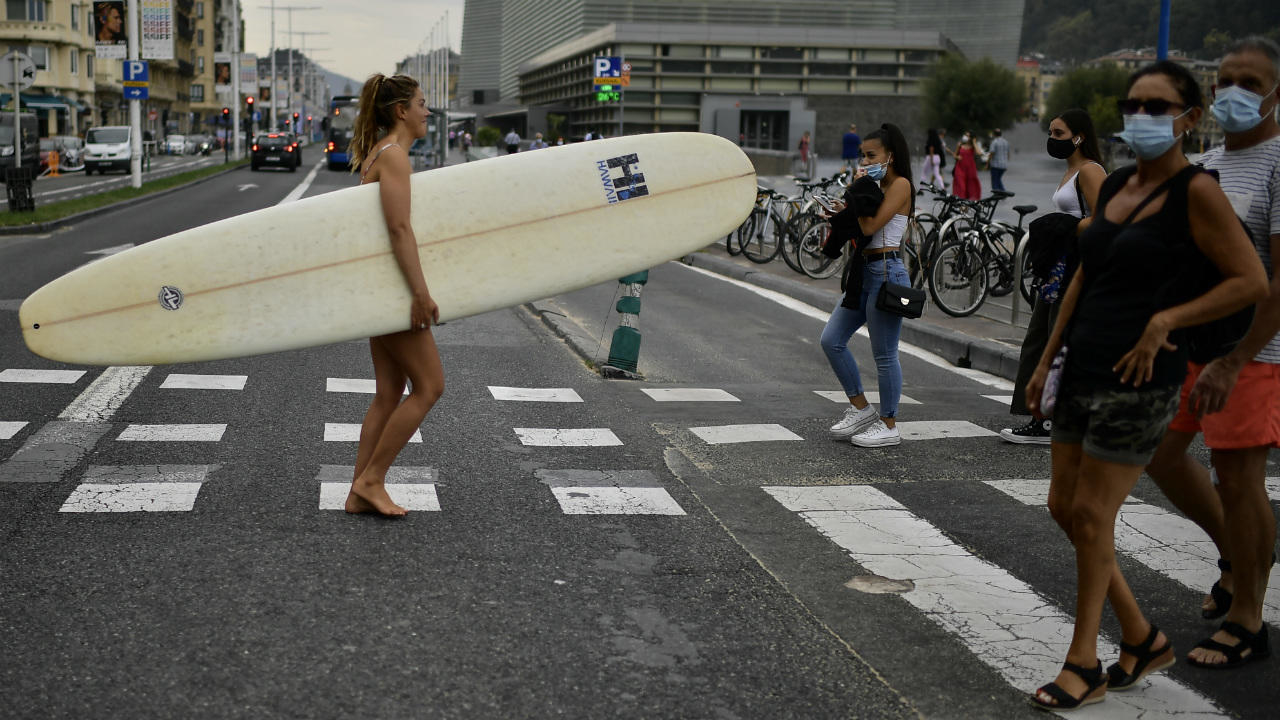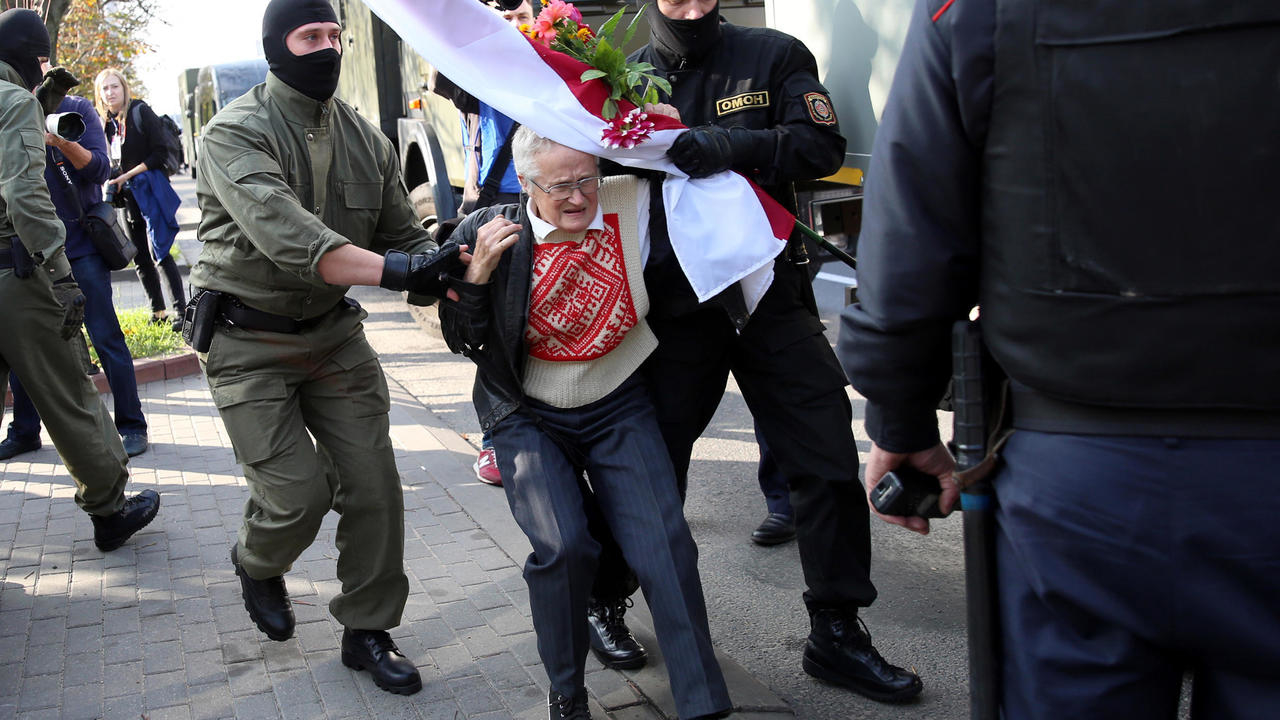EU Urges Action to Avoid Coronavirus Surge

European Union health officials urged members Thursday to “act decisively” to put in place and utilize measures to stop the spread of the coronavirus and a potential surge in cases like the one earlier this year that prompted widespread lockdowns.
“We are at a decisive moment. All member states must be ready to roll out control measures, immediately and at the right time, at the very first sign of potential new outbreaks,” said Stella Kyriakides, commissioner for health and food safety. She added, “This might be our last chance to prevent a repeat of last spring.”
More than 3 million cases have been reported across the EU and Britain since the pandemic began, according to the European Center for Disease Prevention and Control.
Kyriakides noted some EU countries are experiencing higher numbers of new infections than they had in March at the peak of the outbreak in the region, saying, “It is abundantly clear that this crisis is not behind us.”
Frances health ministry reported Thursday the number of people hospitalized in intensive care units due to the coronavirus surpassed 1,000 for the first time since early June.
 [contfnewc]
[contfnewc]
[contfnewc]
In the Netherlands, health officials said Thursday the number of new infections rose to 2,544, a record high for a single day.
Polands health ministry also reported a record daily rise in cases and attributed the trend to people making more contact with others after restrictions were lifted.
Sweden, which opted not to put in place many of the stricter coronavirus lockdown measures seen elsewhere in Europe, is experiencing a situation Prime Minister Stefan Lofven called worrying.
“The caution that existed in the spring has more and more been replaced by hugs, parties, bus trips in rush hour traffic, and an everyday life that, for many, seems to return to normal,” Lofven told reporters.
He said people will be glad about the right steps they take now and suffer later for what is done wrong.
Lofven urged people to follow social distancing guidelines and hygiene measures, and said, if necessary, the government would introduce new measures to stop the spread of the virus.
A similar message about the need for continued vigilance and good practices came Thursday from Indonesias COVID-19 task force as that country saw another record increase in new cases. COVID-19 is the illness caused by the coronavirus.
 [contfnewc]
[contfnewc]
[contfnewc]
“Over time, we’ve seen that the people have lowered their guards,” task force spokesman Wiku Adisasmito told reporters. “It’s almost like they don’t have empathy even when they see every day so many new victims.”
The governor of the capital, Jakarta, extended coronavirus restrictions there until October 11 in order to help hospitals cope with demand.
In Israel, Prime Minister Benjamin Netanyahu announced Thursday that the country is returning to a full lockdown, effective Friday, and lasting for two weeks as its infection rate spirals out of control.
Schools, entertainment venues and most businesses will be closed, while restaurants will be limited to delivering food. Residents will be required to stay within 500 to 1,000 meters of their homes, except for work and shopping for food and medicine, while outdoor gatherings will be strictly limited to 20 people.

















